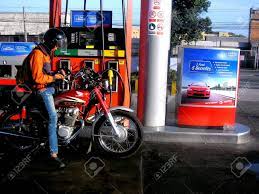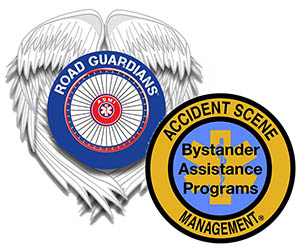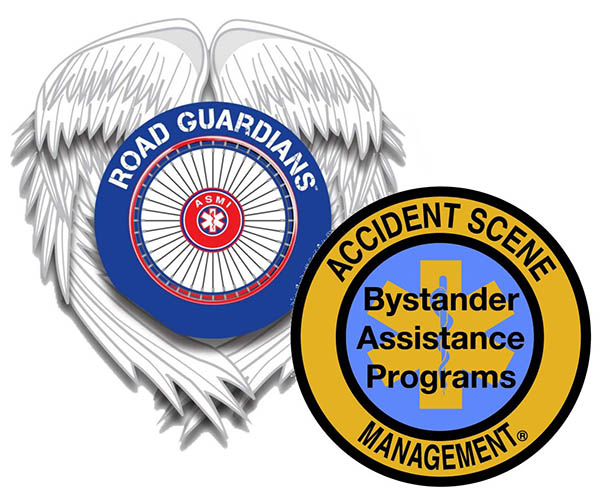You have 0 items in your cart

Understanding Ethanol-Related Fuel Problems Part 2 of 2
For Part 1 in this series, click here.
When it comes to using ethanol unfortunately we do not have a choice, unless you are lucky enough to live in an area that still has real gasoline available at the pumps. Total prevention of ethanol problems is almost impossible, but there are some things we can do to minimize the problems and damage ethanol can cause.
- Every time you fill your fuel tank, be sure to use a fuel stabilizer like STA-BIL or Amsoil Gasoline Stabilizer even if you are not planning on storing the machine or fuel. These stabilizers work by stabilizing otherwise unstable aromatic hydrocarbons and preventing microbial growth in the gasoline. If left untreated gasoline goes bad as fast as two weeks. Stabilized gasoline can last a year or two depending on storage conditions. Properly stored gasoline should be mixed with a fuel stabilizer, stored in a properly labeled plastic gasoline container, away from any ignition sources, in a cool dry place, and if stored on cement floor place a piece of plywood on top of cement. Rotate and use any gas that is in storage regularly to keep storage time to a minimum.
- Keep any fuel tanks around 90% – 95% to prevent condensation but still allow for expansion and contraction.
- Change fuel filters every year, or at the least every other year. Keep in mind some vehicles can have more than one fuel filter.
- For seasonally stored small engines (lawn mowers, motorcycles, chain saws, weed whackers etc.) always add a fuel stabilizer in the fuel. Be sure to run the motor long enough to get the stabilizer through the entire fuel system including the carburetor or fuel injection. After storage be sure to add Amsoil Quick Shot before running the machine to prevent ethanol damage before the first use. Quick Shot is specially formulated for these types of small engines. This information is especially important for any 2 cycle motor as they are VERY susceptible to ethanol damage.
- Adding an octane booster may seem like a good idea to combat the octane drop E10 can have when it deteriorates but keep in mind that a lot of fuel additives like injector cleaner, carburetor cleaner, almost all octane boosters contain ethanol alcohol, methanol alcohol, isopropyl alcohol, or other forms of alcohol and adding these to your E10 gasohol can raise the alcohol content and this is a VERY BAD idea. Be careful what you add to your fuel tank. A better idea would be to purchase the appropriate octane level that your engine requires at the pump and treat it with a stabilizer to prevent gasohol deterioration and octane loss.
- Buy your gasoline from new modern gas stations whenever possible as they will have new storage tanks. Gasoline is stored underground at gas stations and older gas stations may have rotting storage tanks that allow water to seep in.
- Inspect fuel lines every so often, like when an oil change is performed, or when washing the vehicle. As we learned rubber, plastic, and even steel and aluminum can be damaged by ethanol. Leaking fuel lines can lead to a vehicle fire.
Written by: Biker Chad




